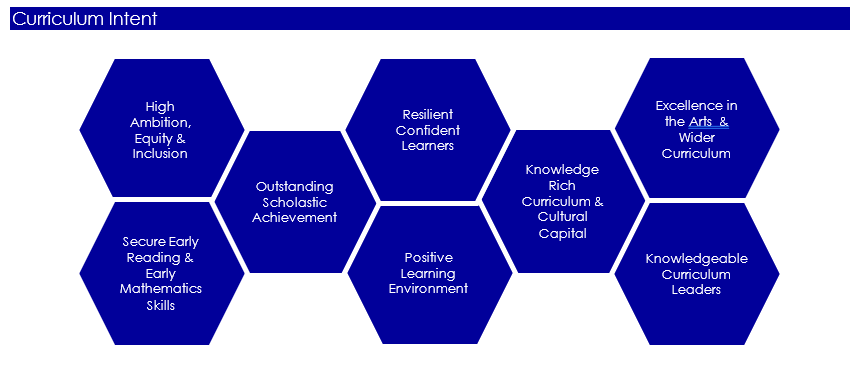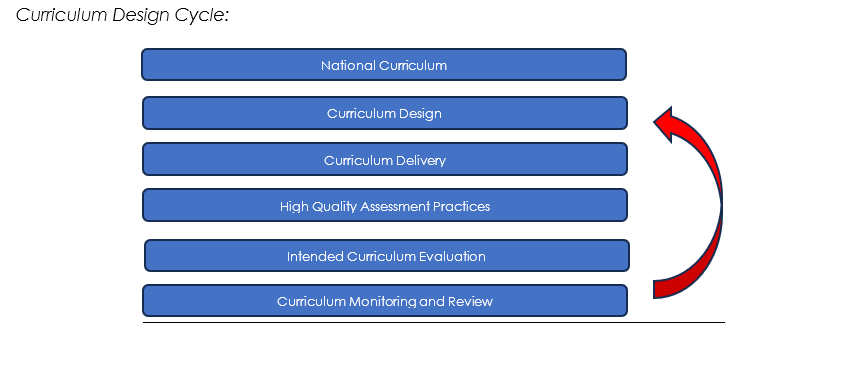Curriculum
Please see our curriculum intent and our curriculum overviews for each year group below.
If you would like any further information about our curriculum, please contact the school office or email admin@ashfordhill.hants.sch.uk

At Ashford Hill Primary School, we aim to provide the best academic, creative and emotional education that a child can receive. We strive for excellence in all that we do to ensure that we can ‘be the best we can be’ and our ambitious curriculum enables children to discover and study their passions to the highest level and allows them to progress to the best institutions in the world.
Our ambitious and challenging curriculum is well designed clearly articulated by all leaders. We ensure that it is coherently sequenced and planned to be knowledge rich so that our children can achieve the highest academic outcomes. We aim for our children to make outstanding progress and demonstrate a deep understanding of the world around them.
A culture of the highest expectations for all is effectively communicated by leaders at all levels and understood by the whole community. Achievement in academic, creative and physical domains is equally valued by leaders. Rich and varied opportunities will ensure cultural capital is created and children flourish as healthy and curious individuals. We provide deliberate opportunities to cultivate children’s SMSC development, promote British values and teach about discrimination. Our curriculum rational will empower children to have their own self- efficacy, understand their moral and social responsibility, along with the importance of their place in society and the world.

Curriculum Design
At AHPS our curriculum design ensures that the national curriculum aims are broken down into schemes of work that focus on children gaining and retaining knowledge that will support their schema to build across their time at Primary school, ready for their next stage of education.
The curriculum is organised in the following way:
- Early Years Foundation Stage (YR)
- Year 1
- Year 2
- Mixed Year 3 and 4 – 2 year rolling cycle
- Mixed Year 5 and 6 – 2 year rolling cycle
We design our curriculum to ensure we teach discrete subjects so that the children secure the disciplinary knowledge and language they require to really understand a subject. Where possible we make links to other subjects to encourage children to use their knowledge to develop a greater understanding of the world. For example, we choose high quality English texts which complement other areas of the curriculum, such as History or Science.
In every subject area, subject leaders have designed sequenced curriculum plans from EYFS to Year 6 which have identified key subject concepts from the National Curriculum which pupils will learn and remember. These plans ensure children’s knowledge builds year on year. Key knowledge has been captured in knowledge organisers along with technical subject specific vocabulary. Opportunities to recap and revisit previous learning as children develop ensures firm foundations on which children are able to build their knowledge and skills. Schemes of work are designed by subject leaders to ensure that the knowledge required is taught and revisited throughout the learning journey. It is important that teachers are aware of the knowledge that children have learned in the previous year and revisit and retrieve this information in the first lesson of their scheme of work.
Curriculum Impact: High Quality Assessment Practices
At Ashford Hill we believe that assessment is an integral part of learning. Accurate teacher assessment that is used to promote impact leads to the progress of all children.
Formative assessment opportunities are used in classrooms, in the moment, to ensure that the learning objectives are achieved and that future planning is amended to ensure that all children gain the knowledge that they require to move forward to their next stage of education.
Summative assessment is used to assess the knowledge gained and retained over a period of time in order to identify the success of the intended curriculum delivery. Summative assessment will also inform teachers of the knowledge still required by some children in order to be successful in their next steps of education.
Subject leaders will use summative data, teacher evaluations, pupil conferencing, book scrutiny and observation to inform the effectiveness of the intended curriculum design.
Class Teachers will use both summative and formative assessment to inform future planning of subjects to ensure that all children are ready for the next stage of their education. This may take the form of intervention or curriculum development and redesign.
Curriculum Note:
Parents have the right to withdraw their child from all or part of RE
Our approach to the curriculum ensures it is accessible for those with disabilities or special educational needs, and complies with our duties in the Equality Act 2010 and Special Educational Needs and Disabilities Regulations 2014.
